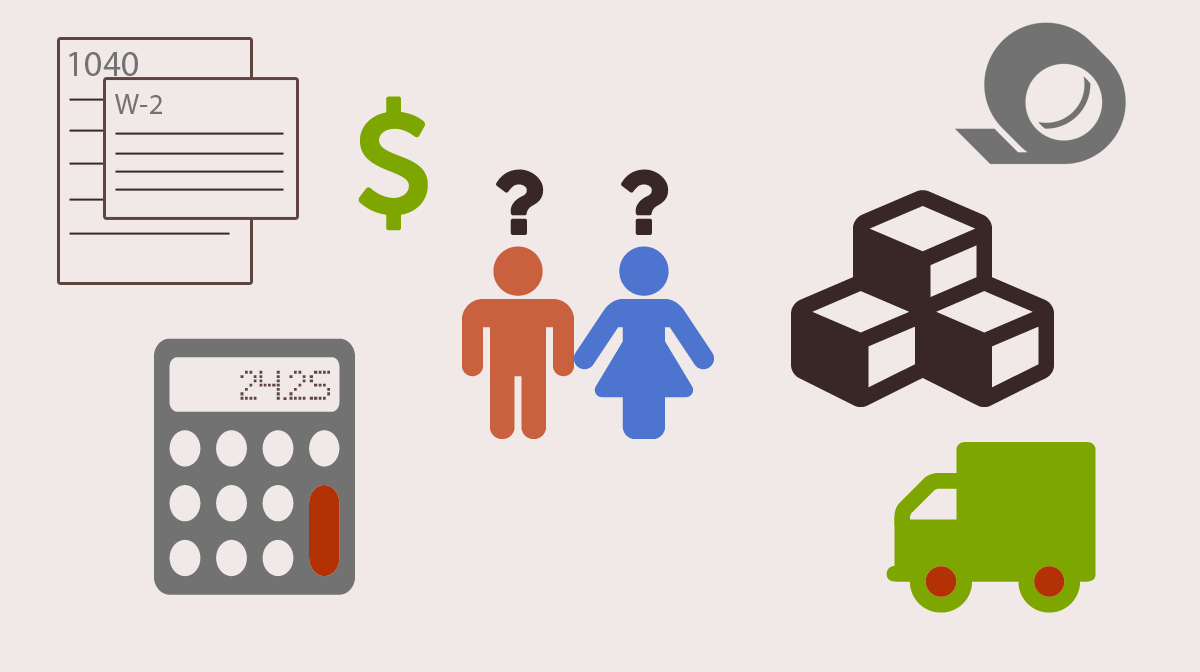There are a multitude of reasons why a landlord would start a construction project on an occupied building. Some of them are voluntary - renovating units to bring in more rent, updating wiring or putting in a laundry room. Other projects like restoring apartments damaged by previous tenants, repairing storm damage or addressing city code violations are involuntary.
About two years ago there was a big storm that knocked down a 60 foot tall tree on the parkway in front of my building. It crashed into our yard, taking out my steel balcony, porch light and a chunk of the front fence. It also made a massive hole in the lawn and caused some pretty massive structural damage to the tuckpointing and roof. I'm lucky it didn't actually crush my bedroom. The repairs cost well over $10,000.
Now, this is a condo building, I'm one of the owners, and I wound up being responsible for dealing with all the contractors and the insurance company. But even though this was a "do or die" set of repairs, and I knew well in advance every time we were going to have workers on site and I'd vetted them through multiple sources it was still a terrible experience. It was noisy. It was intrusive. It was messy. When you're a renter living with construction in your building without that level of fine grain control it's even worse. Continue reading Coping with Construction in Your Building





